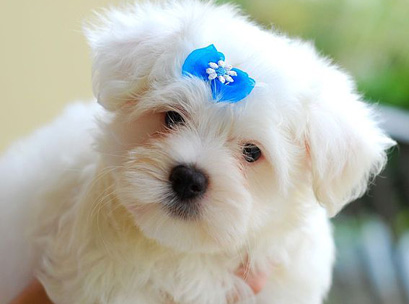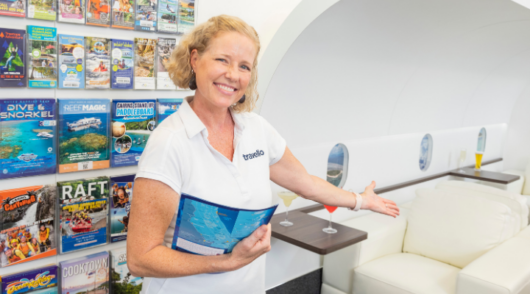 They’re furry, loveable, and good companions, as well as one of retail’s increasingly premium categories: domestic pets.
They’re furry, loveable, and good companions, as well as one of retail’s increasingly premium categories: domestic pets.
Premium pet services, such as grooming and daycare centres, have been popping up the last few years, as Australians dote more on their pets.
Some have even been wining and dining their furry friends at cafes like Pets and the City.
This Melbourne cafe features a retail outlet, daycare centre, and ‘doggie chinos’ served in silver bowls for dogs and cats.
Now supermarket retailers are getting in on this upmarket sector, with pet food one growing focus for homebrand developers.
Internationally, US retailer, Whole Foods, this month launched a premium private label, Whole Paws, featuring food, treats, and cat litter.
“Premium pet food is the fastest growing segment in the pet food category,” says Mitch Madoff, global exclusive brands coordinator of Whole Foods.
In Australia, the category is still largely dominated by branded products, such as Whiskas and Pal, but homebrand is catching up.
Woolworths has reformulated its Select range of dog food in line with general organic and health conscious trends.
Owner relationship drives behaviour
Norrelle Goldring, head of shopper insight and retail strategy at GfK Australia, says there’s three types of Australian pet food shoppers: health conscious, variety seekers, and value driven.
According to a study conducted for a major petfood supplier by Goldring, the main determining factor of a person’s shopping behaviour is their relationship with their pet.
A shopper that feels they’ve been lumped with a pet’s care, perhaps because a child requested the animal, is more likely to be driven by price.
“[They are the] most likely segment to buy private label as the food is for fuel, not interest or pleasure. They look to minimise spend,” says Goldring.
“They mostly buy from supermarkets, but may occasionally buy from mass merchants, like Big W and pet specialty stores, if there is a good deal on and they are made aware of it.”
Health conscious shoppers are the most receptive to trends like organic or preservative free pet food, and mostly buy from specialty stores, such as Pet Barn, and vets.
Variety seekers are inclined to see their dog or cat as a human member of the family, and have the attitude that their animal will get bored of the same meal.
“They are interested in trusted brands and lots of different flavours,” says Goldring.
“[They are] likely to buy private label if it looks like a real brand or the packaging looks really good and the product comes in multiple flavours.
“This segment likes the dog roll and products that look more like human food, such as 4Legs.”





